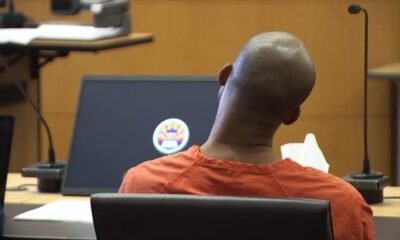2024 election
Open Primaries Measure Faces Signature Shortfall, Yet Its Future Remains Uncertain

A proposed ballot measure aiming to end partisan primaries in Arizona faces significant obstacles after a report indicated thousands of duplicate signatures in support of the initiative. This revelation has placed the proposition, known as Proposition 140, below the necessary threshold for inclusion on the November ballot.
If passed, Proposition 140 would amend the Arizona Constitution to establish an open primary system. Such a system would allow all candidates for federal, state, and local offices—including politically unaffiliated candidates—to compete in a single primary election. All registered voters would gain the ability to participate in choosing their preferred candidates, advancing the top vote-getters to the general election, irrespective of party affiliation.
The Arizona Free Enterprise Club has been actively challenging the validity of the prop by alleging that approximately 38,000 of the submitted voter signatures are duplicates. A court-appointed expert’s analysis corroborated this claim, revealing that an estimated 99% of those signatures were, in fact, duplicates. As a result, the count of valid signatures fell short by around 3,300.
Legal proceedings concerning the measure have become increasingly complex. The Arizona Supreme Court returned the disputed signatures to a trial court for further examination just prior to the deadline for ballot printing. The Court indicated that should the challenges be upheld, an injunction would prevent election officials from counting any votes for Proposition 140.
A recent six-hour court session revolved around the signatures’ verification process. Proponents argued that since the secretary of state had certified the signatures after the mandated checks, the proposition should qualify for the ballot. Opposing counsel contended that the expert’s findings warranted disqualification of votes for the measure if it proceeds to the ballot.
The timeline is critical; ballots for overseas and military voters are set to be distributed this weekend, while early voting for other citizens begins on October 9. Despite the imminent deadlines, both sides remain resolute, bracing for further appeals regardless of the imminent ruling by Maricopa County Superior Court Judge Frank Moskowitz.
Supporters claim that the challenge against the signatures not only undermines the voters’ rights but also infringes on the constitutional responsibilities of state and county officials. Conversely, opponents view the special master’s report as a confirmation of their position, asserting that the measure lacks the necessary support to qualify for the ballot.


















